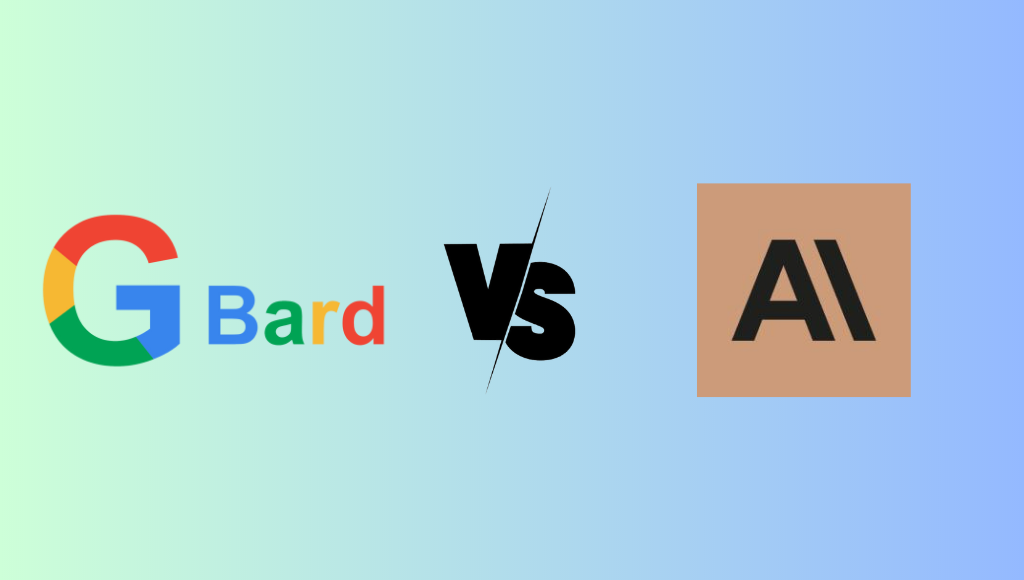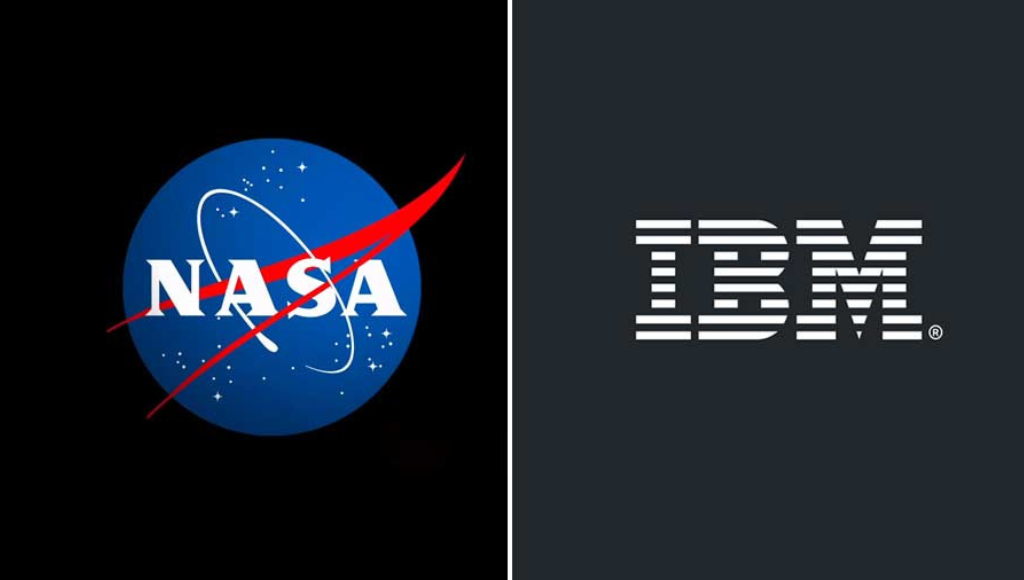As technology continues to advance, the realm of AI language models has become increasingly competitive. Two of the leading players in this field are Google Bard and Claude.ai, both of which have garnered significant attention in 2023. These AI language models are designed to understand and generate human-like text, but they differ in various aspects. In this article, we’ll explore the key differences between Google Bard and Claude.ai, shedding light on their strengths and weaknesses.
Background:
Google Bard: Google Bard is the brainchild of Google’s research division, combining the power of GPT-3.5 with innovative fine-tuning techniques. It is a natural language processing model that has undergone extensive training on vast and diverse datasets, making it capable of a wide range of language-related tasks.
Claude.ai: Claude.ai, on the other hand, is developed by a promising AI startup and represents a novel approach to language models. Built on a unique combination of transformer architecture and unsupervised learning, Claude.ai has risen in popularity due to its ability to comprehend context and generate coherent responses.
Model Architecture:
Google Bard: Google Bard is built upon OpenAI’s GPT-3.5 architecture, which employs a 175 billion-parameter deep learning model. This vast number of parameters enables Bard to capture complex patterns in data and deliver sophisticated language outputs.
Claude.ai: Claude.ai follows a different path, implementing a transformer-based architecture with 100 billion parameters. While this might seem lower than Google Bard’s parameters, Claude.ai optimizes the usage of its parameters with an innovative unsupervised learning mechanism, which enhances its efficiency and cost-effectiveness.
Performance and Language Understanding:
Google Bard: Due to its extensive training and large parameter size, Google Bard exhibits remarkable language understanding capabilities. It can comprehend context and generate highly coherent responses across various topics. Additionally, its integration with Google’s vast knowledge graph gives it a substantial edge in answering factual questions and providing accurate information.
Claude.ai: Claude.ai has gained praise for its contextual comprehension and ability to maintain coherence in long-form conversations. Its unsupervised learning approach allows it to adapt to different domains and use cases, making it an attractive choice for businesses looking for domain-specific AI language solutions.
Latency and Deployment:
Google Bard: While Google Bard delivers impressive performance, its sheer size can result in relatively higher inference times. This can be a concern for applications that require real-time responses. Furthermore, integrating Google Bard into custom environments may pose certain challenges due to its complexity.
Claude.ai: Claude.ai boasts faster inference times due to its optimized transformer architecture and efficient parameter utilization. Its relatively smaller model size enables smoother deployment across various platforms and devices.
Privacy and Data Handling:
Google Bard: As part of Google, Bard operates under Google’s privacy policies and data handling practices. This may be a concern for users or businesses that require stricter data privacy and control.
Claude.ai: Claude.ai emphasizes data privacy and offers options for on-premises deployment, giving businesses more control over their data and ensuring sensitive information remains within their infrastructure.
Conclusion:
Both Google Bard and Claude.ai are formidable contenders in the AI language model landscape. While Google Bard leverages its vast resources, extensive training, and integration with Google’s knowledge graph, Claude.ai distinguishes itself through its novel unsupervised learning approach, optimized architecture, and emphasis on data privacy.
Choosing between the two models ultimately depends on specific needs and priorities. Google Bard excels in scenarios where comprehensive language understanding and access to extensive information are paramount. On the other hand, Claude.ai offers an appealing alternative for those seeking efficient and contextually sensitive language processing with enhanced data privacy control.
As the AI landscape continues to evolve, both Google and innovative startups like Claude.ai will undoubtedly push the boundaries of language models, driving advancements and empowering users and businesses with cutting-edge AI capabilities.






